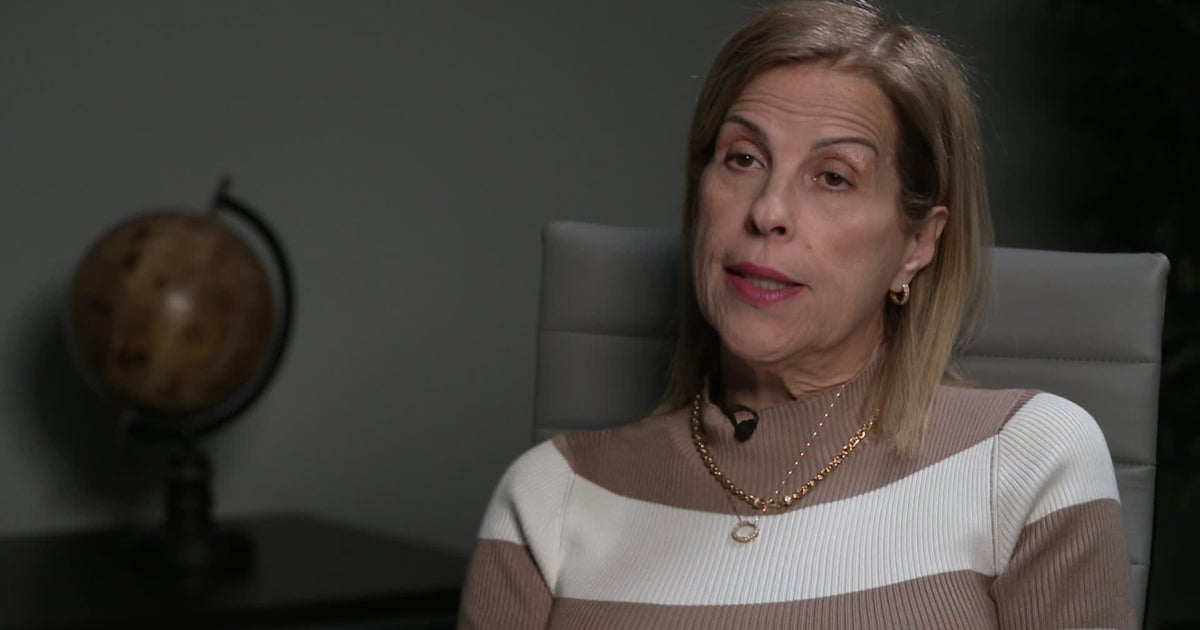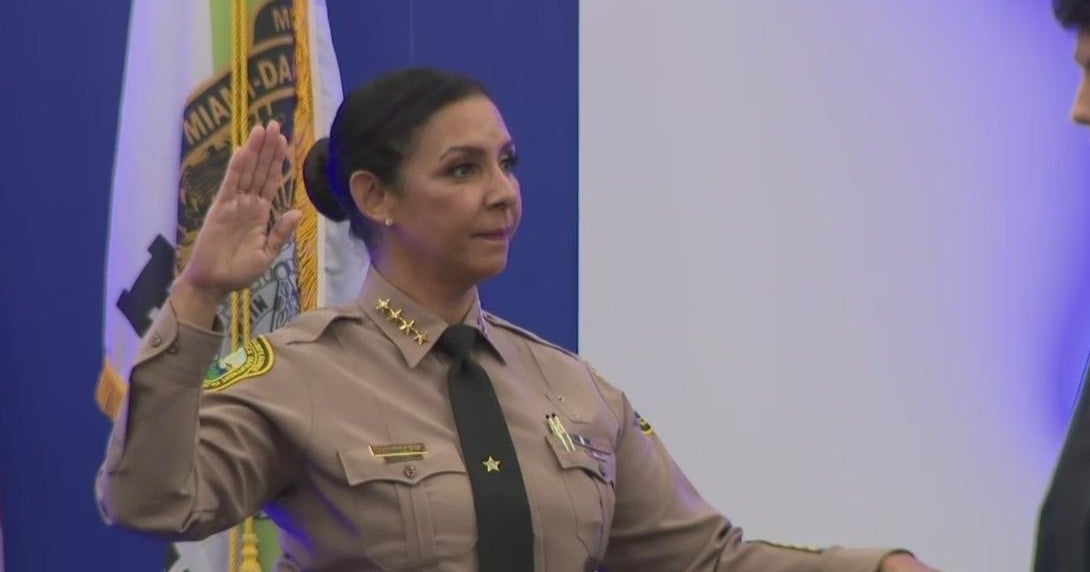Legal experts explain rarity of Trump search warrants becoming unsealed so quickly
MIAMI - Legal experts CBS4 spoke with Thursday explain the rarity of search warrants becoming unsealed this quickly, especially in a high-profile matter.
Both tell us that making it public will provide a better insight into the Department of Justice's investigation relating to former President Donald Trump.
Former DOJ attorney Richard Serafini explains Attorney General Merrick Garland tries to "walk a fine line."
"Make sure the precedent you're setting is beneficial to the Justice Department and the United States," added Serafini.
He calls the investigation unchartered waters and a difficult one for Garland to navigate.
"You don't want to set a precedent where there's a change of parties [and] the new attorney general investigates and indicts the former president," said Serafini. "On the other hand, if former presidents are above the law, then there's no such thing as the rule of law."
On Monday, dozens of FBI agents descended on Trump's home in Mar-A-Lago. Garland said he "personally approved" the step to seek a warrant, defending the decision on Thursday to execute the search.
Now he asks a federal judge to make the search warrant public.
"In light of the former president's public confirmation of the search, the surrounding circumstances, and the substantial interest," said Garland.
Former Assistant U.S. Attorney David Weinstein explains why Garland made the request.
"He felt the need to make it clear and transparent that this was above board and that he supports the men and women of the FBI," said Weinstein.
Sources confirm to CBS News that the search relates to Trump's handling of presidential records.
And the warrant will detail some specifics.
"Describe with particularity the location to be searched and the items the agents are searching for," said Serafini. "As well as the inventory, which is going to have the various items."
It remains unclear how specific the items list will be.
Only unsealing the search warrant affidavit will reveal the most insight.
"Probable cause itself, the actual facts that serve as the basis are not on the warrant and will not be disclosed pursuant to the motion that was made," said Serafini. "And even the affidavit may not give you the entire scope when you get it."
Weinstein shares that the DOJ generally prohibits any indictments and arrests of elected or potentially elected officials within 90 days of an election. But Trump's not running for office in November.
"Congressman are going to argue indirectly that will influence whether Republicans or Democrats are elected. So, the DOJ may stand back for a little bit," said Weinstein.
The presiding judge set a 3 p.m. deadline for Friday for the Trump team's response to determine if they oppose the motion to unseal the warrant and related documents.



